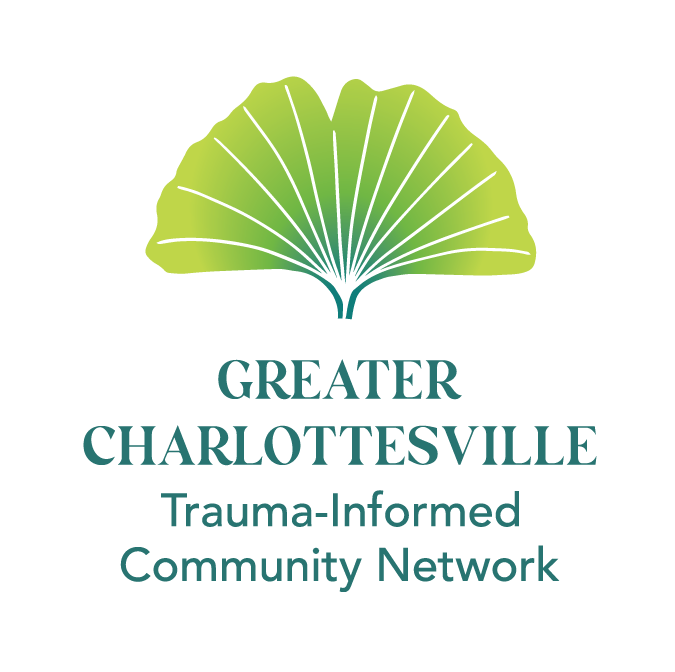Racial Truth & Reconciliation for Children & Families in Virginia
May 28, 2021
The virtual meeting of the Greater Charlottesville Trauma-Informed Community Network (TICN) featured Chlo'e Edwards, policy analyst for Voices for Virginia's Children, and Tiffany Haynes, advocacy & engagement manager for Voices for Virginia's Children, who presented "Racial Truth and Reconciliation for Children and Families in Virginia." Watch the recording here. Download the slide presentation here.
Highlights
One of the first topics discussed was the importance of knowing and acknowledging which native land you are on. Chlo'e said, "When it comes to racial truth and oppression, we have to look at the land we reside on and the history related to that."
Their work represents a shift from trauma-informed policy to trauma-informed and equity-informed policy. Chlo'e explained that it is a shift not only from "what is wrong with you" to "what happened to you" but also to "what is right with you" when challenging community members to be the agent in creating the change that impacts them.
Tiffany touched on the importance of education to increase awareness of systemic trauma. One statistic shared was that black people who have attended college are more likely than those who haven't to say they've faced certain situations because of their race. She said, "I would say that it's because they've become more aware of how those systemic things touched them as an individual in those spaces, whereas people outside of that oftentimes feel that it's an individual accountability. We need to focus on both individual and systemic issues."
The comprehensive presentation included information about:
The evolution of Voices for Virginia's Children and Racial Truth & Reconciliation VA;
The goals, activities, and structure of Racial Truth & Reconciliation VA;
Concepts of truth and reconciliation;
The need for truth and reconciliation;
Historical and cultural trauma in regard to adverse childhood experiences (ACEs), epigenetics, intersectionality, and current traumatic events;
The impact of systemic and structural racism and disparities in these systems;
Justice and what it entails;
Seeking solutions to foster resilience in systems rather than perpetuate trauma; and
Advocacy and activism to address racism, which has been declared a public health crisis by the state of Virginia.
To get involved with Racial Truth & Reconciliation VA, follow these links for more information:
Racial Truth & Reconciliation Week, scheduled for August 1-7; and
Join us in September!
The next network meeting will take place on Monday, September 27. Please save the date!
